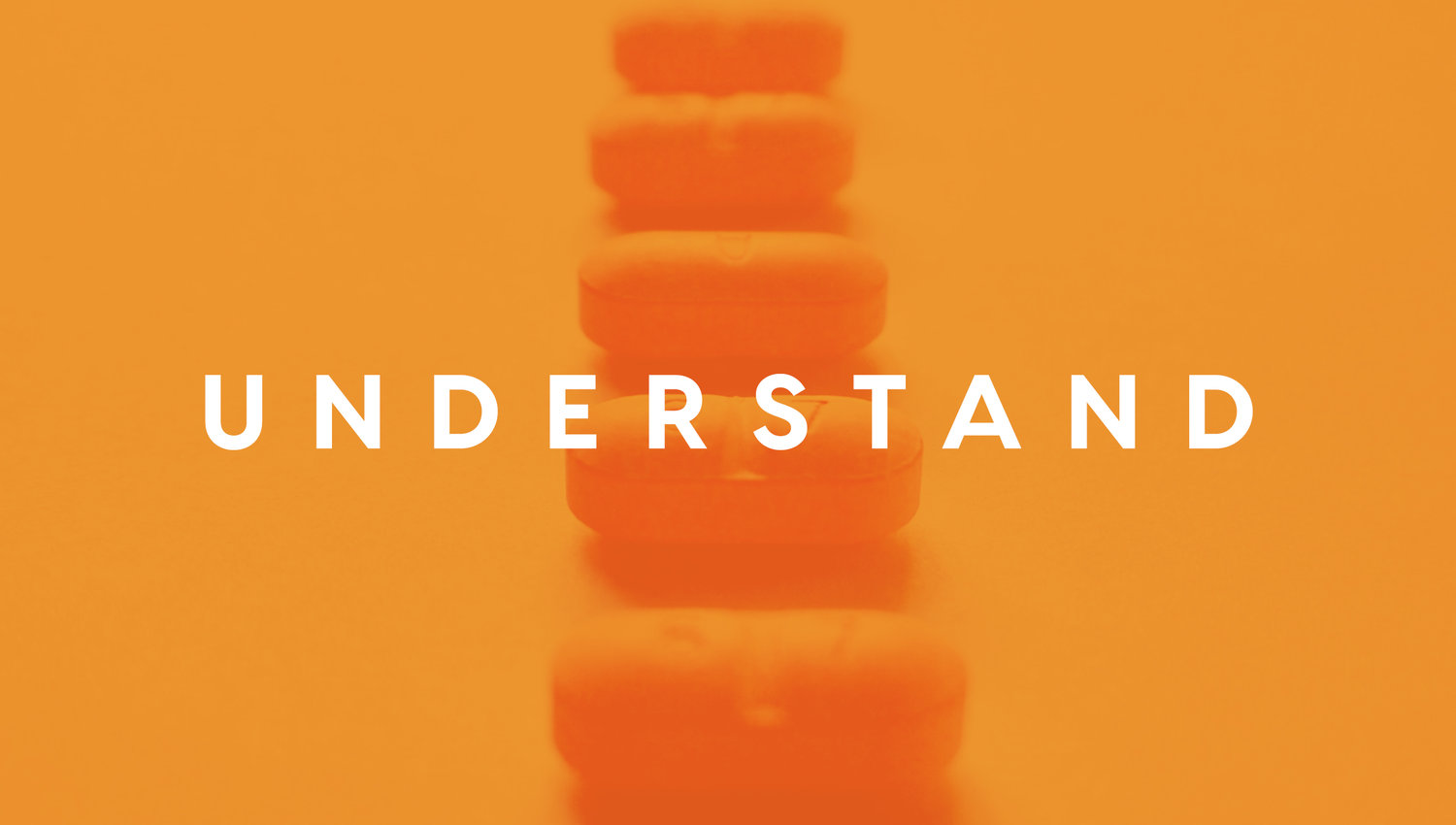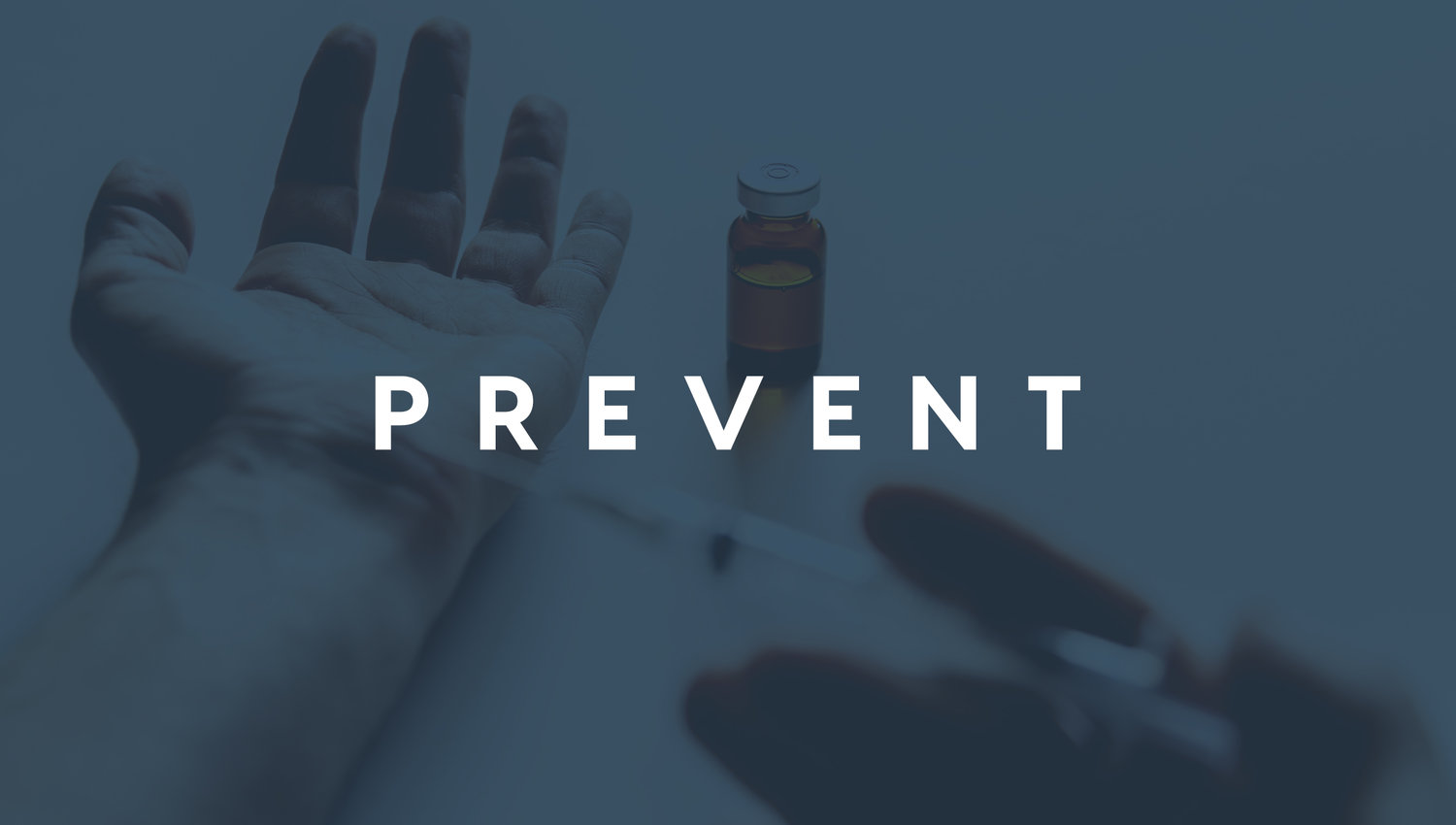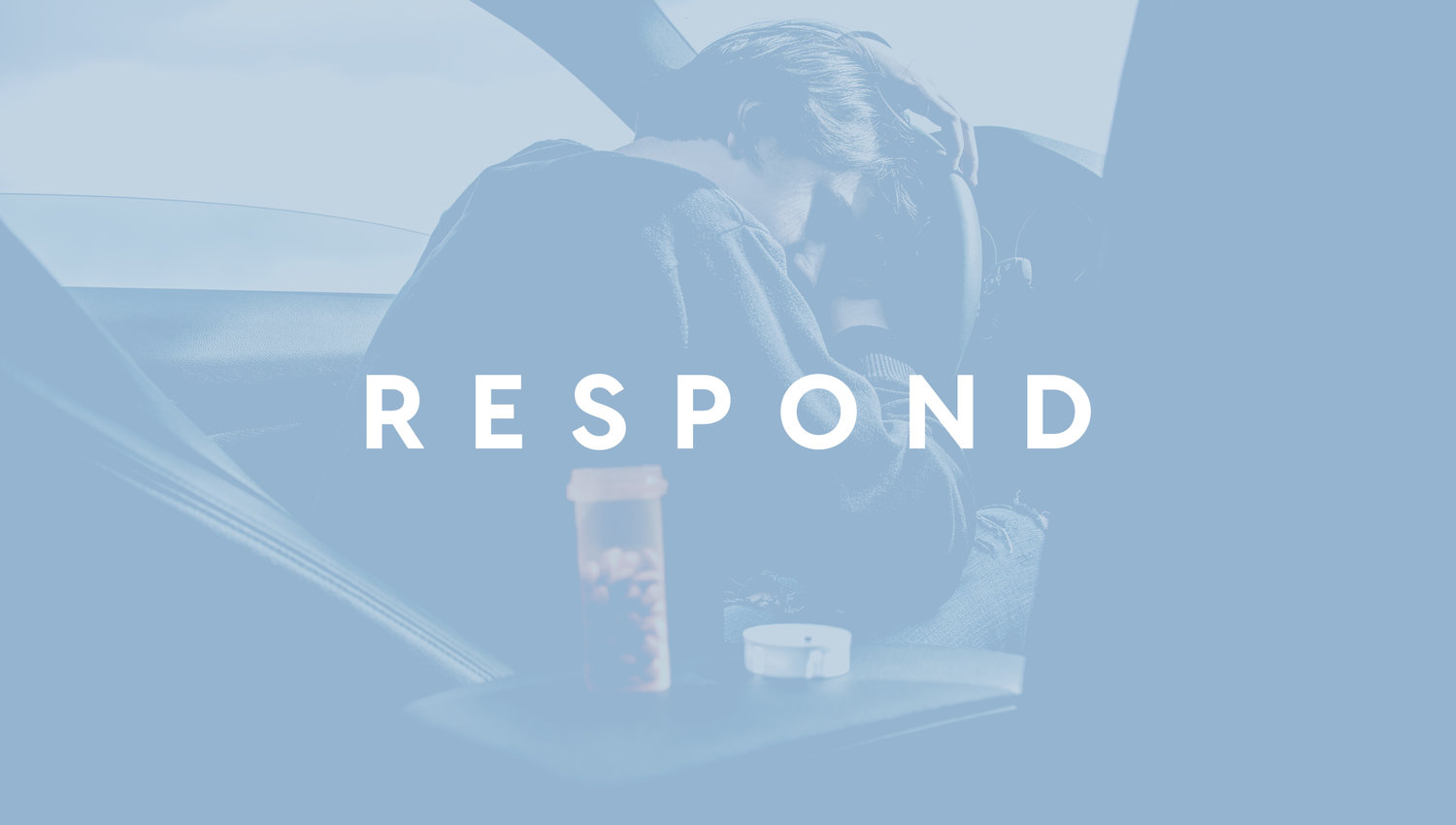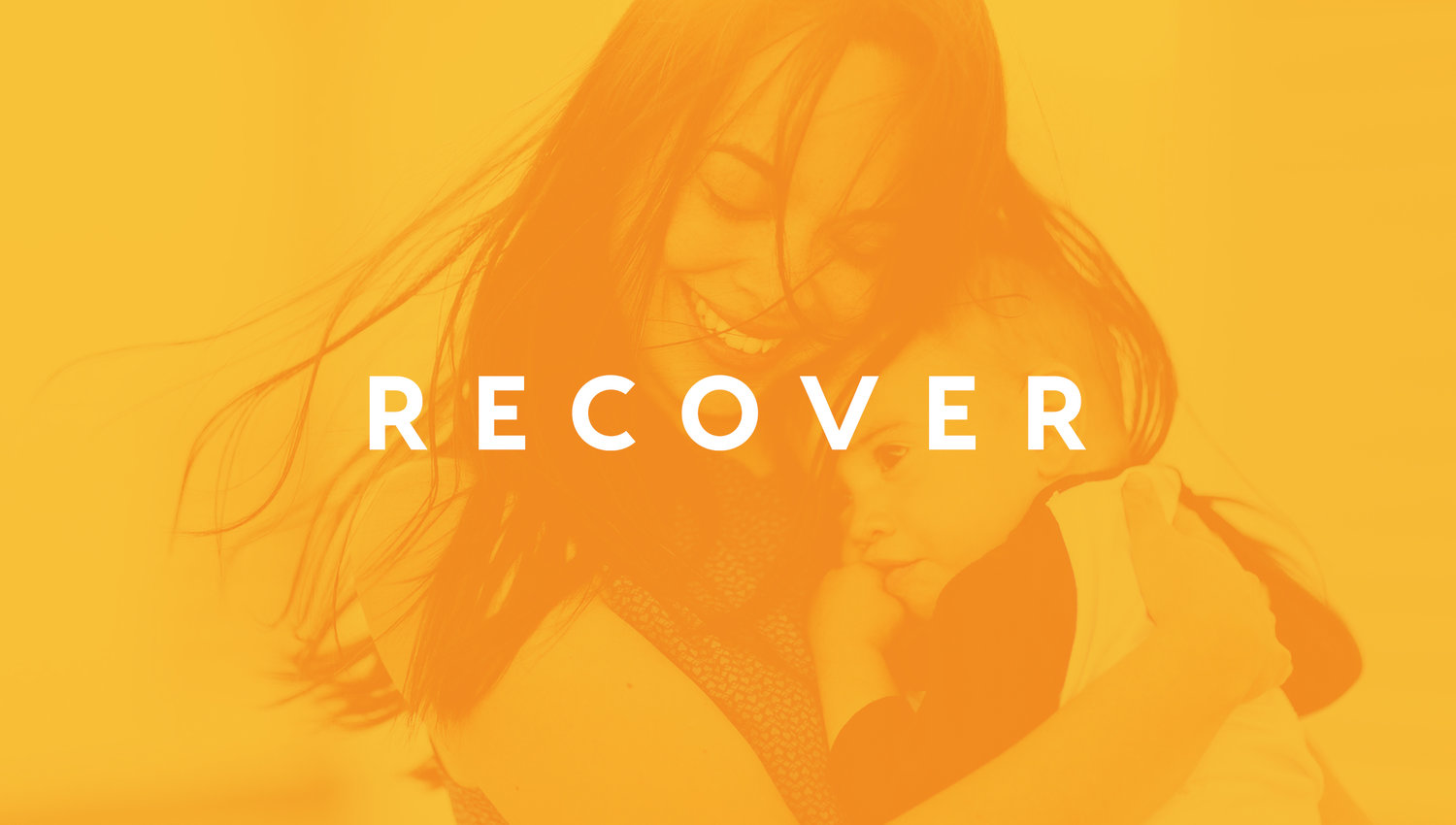Overcome Opioids - Respond
How to Respond to an Opioid Overdose:
-
 Check for signs of an overdose:
Check for signs of an overdose:
-
 No response when you call their name
No response when you call their name -
 Slow breathing or no breathing
Slow breathing or no breathing -
 Lips and fingernails may turn blue or gray
Lips and fingernails may turn blue or gray -
 Skin is pale or clammy
Skin is pale or clammy -
 Slow pulse or no pulse
Slow pulse or no pulse -
 Constricted pupils
Constricted pupils
-
 Call 911 and give naloxone:
Call 911 and give naloxone:
-
 If no reaction after 3 minutes, give a second dose
If no reaction after 3 minutes, give a second dose
-
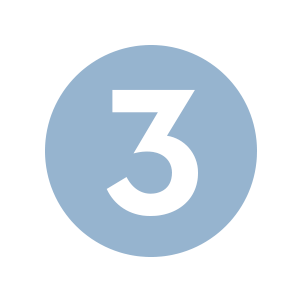 Do rescue breathing and/or chest compressions:
Do rescue breathing and/or chest compressions:
-
 Follow instructions from the 911 dispatcher
Follow instructions from the 911 dispatcher
Naloxone comes in three different forms: as a nasal(nose) spray, as a vial that requires you use a syringe (needle) for injection, and an auto-injector device that will inject into the muscle with a small needle when you push a button). There are videos that explain how to use each of these different forms of the medication here.
Naloxone is a prescription medication that can be administered to reverse the effects of an opioid overdose and save someone’s life if given right away.
Naloxone usually works quickly. If the first dose doesn’t work in 2-3 minutes, give a second dose. Naloxone wears off after about 30-90 minutes. For this reason, it is possible for someone to wake up and then overdose again when the naloxone wears off. It is extremely important that you call 911 for help in the event of an overdose, even if someone wakes up after getting the naloxone.
Save a life - Get Naloxone!
Anyone can purchase Narcan, a naloxone nasal spray, over the counter without a prescription, at retail pharmacies. Your provider may also prescribe naloxone and your insurance may cover it. You can also find Narcan for free at all 81 branches of the Chicago Public Library, at Chicago’s Public Health Vending Machines, and other sites. To find a location in Chicago that offers Narcan for free, you can visit bit.ly/FindNarcan.
Anyone can get naloxone by:
-
 Getting a prescription from their provider
Getting a prescription from their provider -
 Going to a pharmacy and using the standing order for the general public
Going to a pharmacy and using the standing order for the general public -
 If you are unable to get Narcan, contact the Chicago Department of Public Health.
If you are unable to get Narcan, contact the Chicago Department of Public Health.
Note: Illinois has a Good Samaritan Law in place to encourage people to call 911 or take someone to an emergency room in the case of an overdose, or for follow up care in case naloxone has already been given. As long as the caller/person taking someone to the ER seeks medical attention when the person experiencing the overdose is still alive and the caller did not sell the person drugs, the Good Samaritan Law offers immunity for possession charges for up to 3 grams of heroin for the caller/person taking someone to the ER.
More Resources & Immediate Help:

